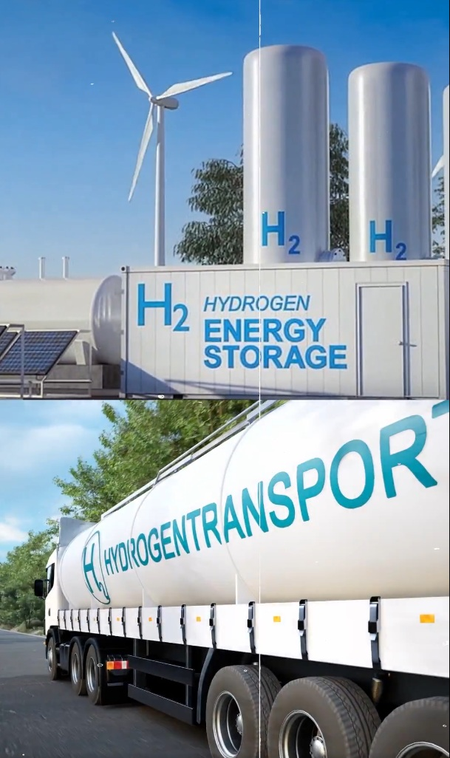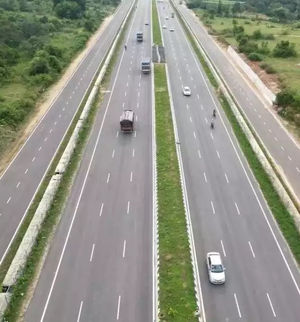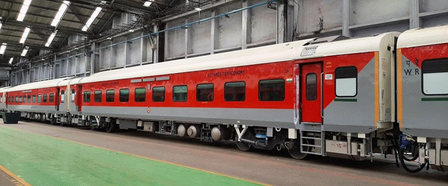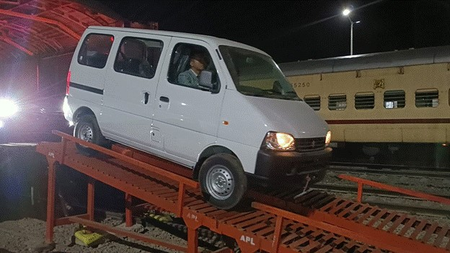
New Delhi, May 2 (IANS) The NITI Aayog on Friday released a detailed report for unlocking the immense potential of India’s Micro, Small and Medium Enterprises (MSMEs) through systemic reforms in financing, skilling, innovation and market access.
The report titled ‘Enhancing MSMEs Competitiveness in India,’ prepared by NITI Aayog in collaboration with the Institute for Competitiveness (IFC) delves into the key challenges affecting the competitiveness of the country’s MSME sector.
Using firm-level data and the Periodic Labour Force Survey (PLFS), it provides a blueprint to foster sustainable integration and enhance their incorporation into global value chains.
It focusses on four important sectors: Textiles manufacturing and apparel, chemical products, automotive and food processing while highlighting the sector-specific challenges and opportunities that need to be addressed to unlock the potential of MSMEs in India.
The report examines current national and state policies, highlighting gaps in implementation and limited awareness among MSMEs.
One of the important findings of the report is the notable improvement in MSMEs’ access to formal credit.
Between 2020 and 2024, the share of micro and small enterprises accessing credit through scheduled banks rose from 14 per cent to 20 per cent, while medium enterprises saw an increase from 4 per cent to 9 per cent.
Despite these improvements, the report reveals that a substantial credit gap remains.
Only 19 per cent of MSME credit demand was met formally by FY21, leaving an estimated ₹80 lakh crore unmet.
The Credit Guarantee Fund Trust for Micro and Small Enterprises (CGTMSE) has expanded significantly, but still faces many limitations.
To bridge the credit gap and unlock inclusive, scalable finance for MSMEs, the report calls for a revamped CGTMSE, supported by institutional collaboration and more targeted services.
The report also highlights the pressing issue of skill shortages within the MSME sector.
A large portion of the workforce lacks formal vocational or technical training, which hampers productivity and limits the ability of MSMEs to scale effectively.
Many MSMEs also fail to invest sufficiently in research and development (R&D), quality improvement, or innovation, making it difficult to stay competitive in national and global markets.
The report further points out that MSMEs face barriers in adopting modern technologies due to unreliable electricity supply, weak internet connectivity and high implementation costs.
Despite state government schemes designed to support technological advancement in MSMEs, many enterprises are either unaware of them or unable to access them.
In its analysis of clusters, the report finds that upgrading outdated technologies and improving marketing and branding capabilities are critical to improving competitiveness.
The report concludes that despite various MSME support policies and the recent boost to MSMEs through Union Budgets, increased effectiveness is hampered by low awareness.
To enhance policy impact, the report recommends stronger state-level design and implementation, emphasising consistent monitoring, better data integration and improved stakeholder engagement in policy development.
India’s MSMEs can become a key driver of sustainable economic growth by focussing on targeted interventions, building stronger institutional collaborations and enhancing global competitiveness, the report states.
It calls for enhanced support for MSMEs through digital marketing training, partnerships with logistics providers and creating platforms for direct market linkages, especially in regions with high growth potential, such as India’s northeastern and eastern belts.
The report also recommends a robust, adaptive and cluster-based policy framework at the state level that fosters innovation, enhances competitiveness and enables MSMEs to drive inclusive economic transformation.
–IANS
sps/rad




